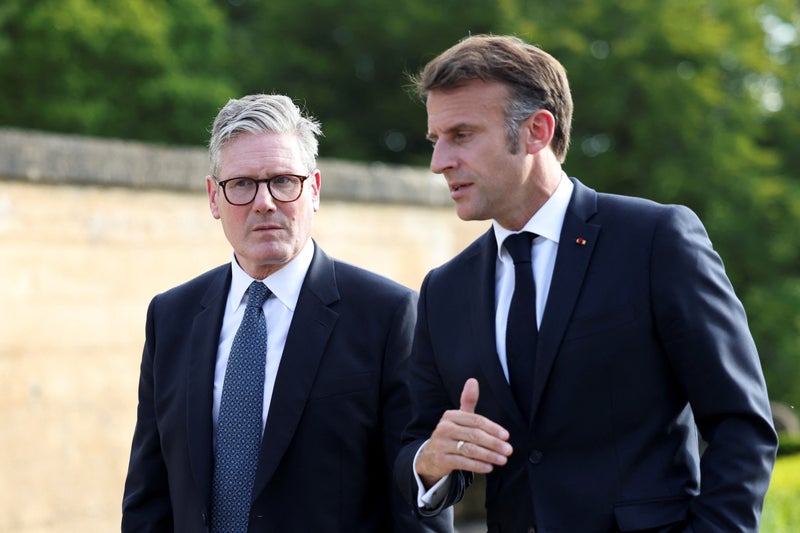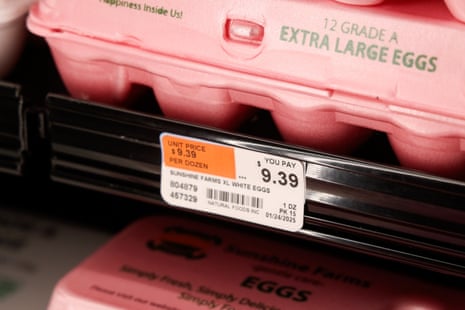Keir Starmer, when he visits the White House on Thursday, will have to pick up the many loose threads left by another chaotic day of diplomacy in the US in which America voted with Russia at the UN to protect Vladimir Putin from criticism over the invasion of Ukraine, and then saw Trump make assurances that Putin was happy for European forces to enter Ukraine – only to be contradicted by Moscow hours later.
But Macron, experienced in massaging the US president’s ego, yet nerveless enough to correct Trump in public, probably pinned Trump down less than he hoped, and on the one issue on which some headway was made, an apparent Russian acceptance of European forces acting as guarantors inside Ukraine in the event of a ceasefire, the progress was later called into question.
The nature of European security guarantees, the minerals deal between the US and Ukraine, the Russian demand for elections that Putin insists Volodymyr Zelenskyy will only win if they are rigged, the future size of any Ukrainian forces, and the role of the US in policing any agreement have all been left unresolved, and will have to be pursued by Starmer.
Emmanuel Macron, the French president, has been working in lockstep with the UK in a way the two countries have failed to since Brexit, and the aim was for the two leaders of Europe’s major military powers to use their visits this week to operate as a pincer movement pressing Trump to question Putin’s trustworthiness and more broadly to accept that America’s future still lay as a partner with Europe.
That makes the credibility of the security guarantees Europe provides to Ukraine utterly critical, and France and the UK believe those guarantees are only credible if the US is involved as backstop to the European force, principally providing air cover.































